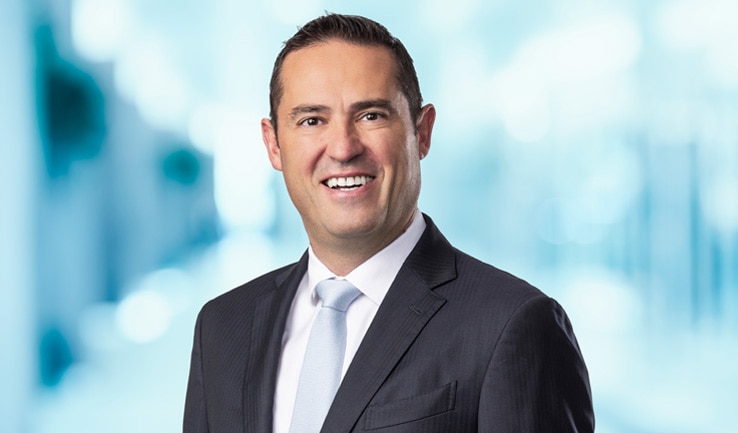
Financial viability continues to be the number one biggest risk for many not for profit organisations.
2025 marks our fifth annual not for profit leaders survey and report on strategic planning.
The sector is still under significant pressure due to the challenging economic climate and limited resources.
This report provides a sector overview, addresses key strategic challenges, and offers actionable guidance for leaders seeking to future-proof their organisations.
Some of the report highlights include:
- Financial viability remains the single biggest risk for 27 percent of respondents.
- 73 percent had seen an increase in demand for their services in the last 12 months, with 91 percent anticipating a similar trend for the year ahead.
- Staff turnover has stabilised with just over 50 percent of respondents having a turnover level less than 10 percent.
- Remuneration remains the number one human resource challenge for organisations.
- Organisations that have already embraced AI and/or automation are already seeing increased efficiency on administrative tasks, document reviews and processes.
- More than 50 percent of respondents reported that artificial intelligence or automation had impacted their organisation.
- 86 percent of leaders are concerned about a cyber-attack on their organisation.
- Client or member information remains the number one data risk for respondents.
The report provides guidance on:
- Strategic plan inclusions and measurement tools
- Assessing employee and customer satisfaction
- Governance & risk management controls you should have in place
- How to implement ESG and sustainability into your strategic plan
Key takeaways
Contact us

About the Not For Profit Leader's Report
The Not For Profit Leaders Report is a semi-annual publication produced by HLB Mann Judd Sydney. It involves surveying leaders in the not for profit (NFP) community, focusing on key aspects of strategic planning in March, with findings shared in May. Similarly, in October, NFPs are surveyed again on financial management, with the corresponding report released in November.
During February and March 2025, HLB Mann Judd Sydney surveyed more than 100 not for profit leaders on strategic planning, the findings and insights are presented in the May 2025 Strategic Planning report.
Of those that responded, 53 percent were charities, 19 percent member or peak body organisations, 7 percent disability service providers, with the remainder split between social enterprise, aged care providers, clubs and schools.
About HLB Mann Judd Sydney
Mann Judd in Sydney was formed in 1970 and over the past five decades has grown to 31 partners and directors. Today the firm provides a comprehensive range of advisory and financial services. We work with many not for profits, specialising in strategic planning, business transformation and financial management, mergers & acquisitions, risk analysis including governance and cyber.
The Sydney firm is a member of the HLB Mann Judd Australasian Association. HLB Mann Judd has offices in most of the major business centres in Australia, New Zealand and Fiji. HLB Mann Judd is a member of HLB International, the global advisory and accounting network.







